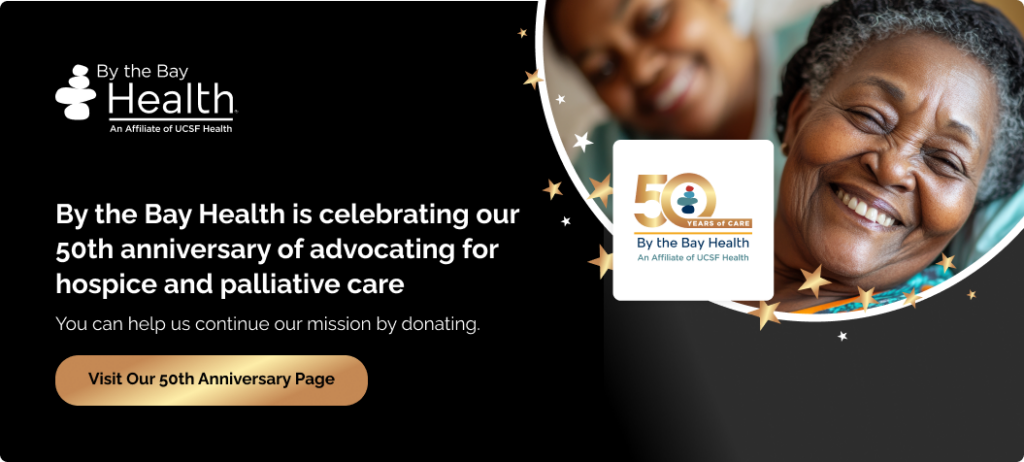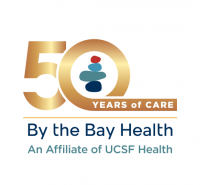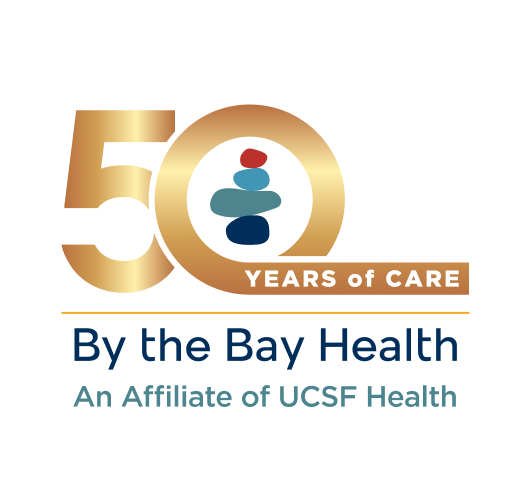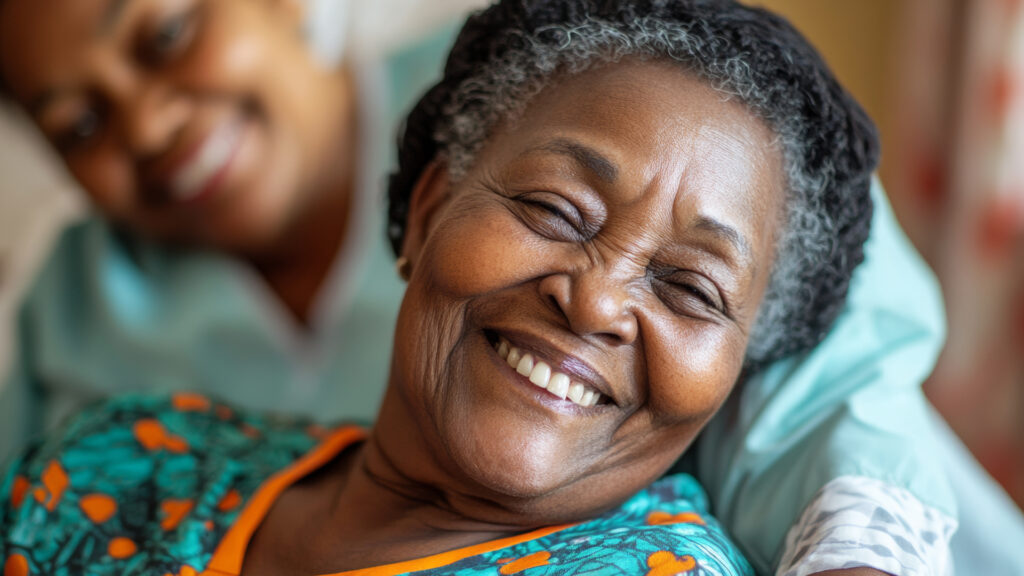The core of hospice and palliative care is compassionate care that focuses on alleviating pain, addressing emotional and spiritual needs and supporting families during some of life’s most challenging moments.
Every person on this planet will eventually face the end of their life. Most people will at some point have a serious illness or have a loved one who will need to deal with one. And yet, in the United States, access to both hospice and palliative care has traditionally been reserved for white men and women, with systemic barriers in place that limit their accessibility for marginalized communities, including people of color, LGBTQ+ individuals and the transgender community as a whole.
This obviously needs to change. And at By the Bay Health, one of our critical missions is expanding access to hospice and palliative care to everyone. As our Chief Executive Officer Skelly Wingard, RN, PHN, MSN has put it:
“In a perfect world, the U.S. would have health equity. We want to give people access to the same level of end-of-life care across the board — whether they live in an affluent community or are part of a marginalized one, whether they live in Menlo Park or rural Sonoma County.”

A history of inequity
The siloing of hospice and palliative care didn’t happen by accident. Both are critical components of healthcare, which means they have been traditionally tied to the same inequalities that plague the healthcare system in this country.
As a result, barriers like systemic racism, lack of cultural competency among healthcare providers, economic inequality and implicit biases have contributed to a lack of outreach and inclusion for communities of color.
Similarly, LGBTQ+ individuals — especially those who are transgender — often faced stigma, discrimination and outright refusal of care, leaving them with few options for end-of-life services that acknowledged their unique needs and identities.
This is, to put it plainly, shameful. And correcting this problem is anything but simple. For people of color, the disparity in access has a lot of reasons, including mistrust of the healthcare system due to historical injustices, lack of awareness about hospice and palliative care and cultural differences in how end-of-life care is perceived and approached.
As a result, many people in communities of color can believe that hospice and palliative care are a withdrawal from care rather than an active form of support.
Meanwhile, for LGBTQ+ individuals, the challenges for hospice and palliative care can be even more pronounced.
Historically, healthcare systems have failed to provide affirming and inclusive care to LGBTQ+ patients, leading to widespread distrust. Transgender individuals in particular face unique barriers such as misgendering, lack of recognition of their chosen names or pronouns and healthcare environments that fail to respect their identities.
Compounding these problems is the fact that many LGBTQ+ elders are estranged from their biological families and rely on chosen families for support. By prioritizing biological families, the U.S. healthcare system often excludes a patient’s primary support network, and for transgender individuals, a lack of healthcare provider training on transgender needs — including hormone management — makes the problems even more acute.

Our vision for inclusive care
The simple fact of the matter is that everyone, regardless of their race, sexual orientation or gender identities, deserves compassionate and dignified care.
As Dr. Steven Pantilat, MD, Director of the Palliative Care Program at UCSF Health, one of By the Bay Health’s partners, puts it:
“We need to provide the highest quality of care and take as good care of people as we can, as equitably as we can and as inclusively as we can.”
To that end, our guiding principles as an organization are focused on these four pillars of change:
1. Cultural competency and outreach
As an organization, we have prioritized training our staff to understand and respect the diverse cultural, racial and spiritual needs of patients. This includes offering multilingual services, hiring diverse staff members who reflect the communities they serve and building partnerships with community organizations to reach historically underserved populations.
We also emphasize proactive outreach to communities of color with educational programs aimed to raise awareness about hospice and palliative care as well as address common misconceptions.
2. LGBTQ+affirming care
Over the past 50 years, we have developed an affirming care model that ensures all patients feel respected and valued. This includes using inclusive intake forms that allow patients to self-identify their gender, pronouns and chosen family members.
Our staff is trained to understand the specific healthcare needs of LGBTQ+ patients, from managing HIV-related complications to addressing the unique challenges faced by transgender individuals.
3. Partnerships and community engagement
Achieving true equity requires collaboration, which is why we partner with advocacy groups, community leaders and other healthcare providers to address systemic barriers and promote inclusivity.
Our partnerships with organizations serving communities of color have helped bridge gaps in trust and understanding, and by engaging with trusted community leaders and leveraging culturally relevant messaging, we are able to reach individuals who might otherwise avoid hospice and palliative care services.
4. Advocating for policy change
Beyond our direct care efforts, we continue to be advocates for policy changes that promote equity in hospice and palliative care. This includes supporting legislation that expands access to care for underserved populations, such as Medicare and Medicaid reforms, and advocating for increased funding for community-based palliative care programs.
We also push for mandatory cultural competency training for healthcare providers and the inclusion of LGBTQ+ affirming care in medical education because these systemic changes are essential for creating a healthcare environment that truly serves all patients, regardless of their background or identity.
There’s still work to do
Our work to make hospice and palliative care more inclusive is not without its challenges. Building trust with historically marginalized communities takes time, and systemic change requires persistent advocacy.
But by listening to patients, engaging with communities and fostering a culture of inclusion, we are paving the way for a future where everyone—regardless of race, sexual orientation or gender identity—has access to the care they deserve.
By the Bay Health is celebrating our 50th anniversary of advocating for hospice and palliative care. You can help us continue our mission by donating. Visit our 50th anniversary page to learn how you can contribute.



